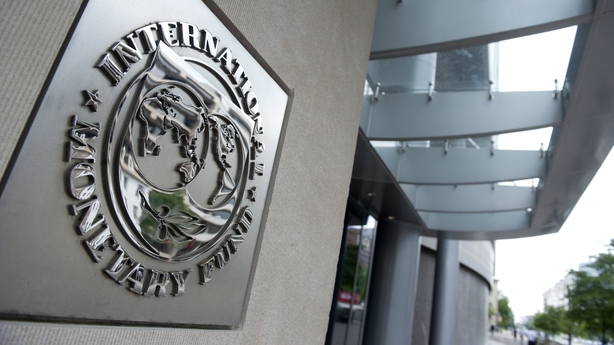Oil prices rose more than 3% today as data showed Chinese oil demand likely hit a record high in 2015.
But oil contracts remained below $30 a barrel as the IEA said the market should stay oversupplied this year.
Brent crude futures, the global benchmark, traded up $1.09, or 3.8%, at $29.64 a barrel.
US crude futures were up 34 cents at $29.76 a barrel, maintaining their unusual premium over Brent.
"It seems to be a healthy upside correction in an otherwise downtrending market," said Tamas Varga, oil analyst at London brokerage PVM Oil Associates.
Traders said prices drew support from strong oil demand in China.
Preliminary Reuters calculations based on government figures showed record oil consumption of 10.32 million barrels per day (bpd), up 2.5% from 2014, defying slowing growth in the world's second-largest economy.
But oil prices remained near 12-year lows as a global glut was set to last until at least late 2016, according to the International Energy Agency, which advises industrialised countries on energy policy.
The agency said oil prices could fall below current levels.
"While the pace of stock building eases in the second half of the year as supply from non-OPEC producers falls, unless something changes, the oil market could drown in oversupply," the IEA said.
Global oil demand fell to a one-year low in the fourth quarter of 2015, the IEA added, due to mild weather.
Oil prices have fallen more than 70% in the past 18 months as exporters around the world pump over a million barrels of crude every day in excess of demand.
The oversupply is set to worsen with the return of Iranian barrels to the market following the lifting of nuclear-related Western sanctions.
Iran said it could increase oil output by 500,000 bpd and issued an order to start the ramp-up yesterday.
Most analysts expect Iran's full return to oil markets to be relatively slow due to the need to overhaul its infrastructure following years of under-investment.
But the country is also estimated to have stored 12-14 million barrels of crude and 24 million barrels of condensates for immediate sale.
Oil price collapse is a drag on global economy - IMF
The International Monetary Fund said the sharp collapse in the price of oil is proving more of a drag on the global economy than a stimulus.
The financial strains on exporters and the deep investment cutbacks in the industry are more than offsetting the expected gains from cheap oil enjoyed by key importers like Japan and the US, the IMF said.
Lower crude prices would normally stimulate some demand in countries where it is a key household and business cost, and spur more economic activity, the Fund said in its updated outlook on the world economy.

However, it said, after a 70% fall in prices over 18 months, other factors have dampened the expected gains from that decline.
Firstly, it said, "financial strains in many oil exporters reduce their ability to smooth the shock, entailing a sizable reduction in their domestic demand."
Secondly, the price fall has forced oil and gas companies to cut back investment, a negative for economic growth.
Moreover, the Fund noted that demand for oil had not picked up as the price has plummeted.
It said that factors behind that included, possibly, that cheaper crude prices were not being fully passed on to consumers, and, secondly, that businesses and consumers in some areas might still be reducing spending and debts.
The IMF report was finalised before crude prices fell some 22% in the first two weeks of the year as traders prepared for Iran to return to the international market.
Even so, the IMF forecast included another 17.6% decline in crude prices this year after nearly 50% in 2015, and only a partial rebound in 2017.

